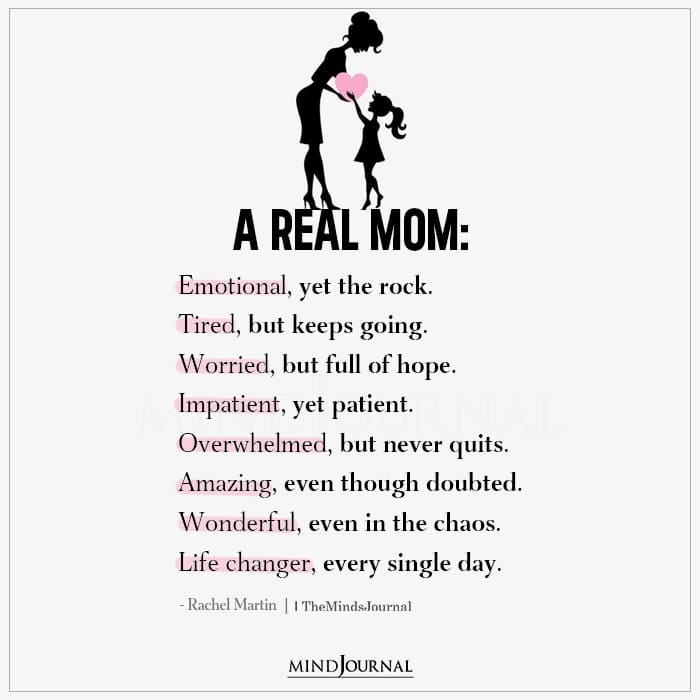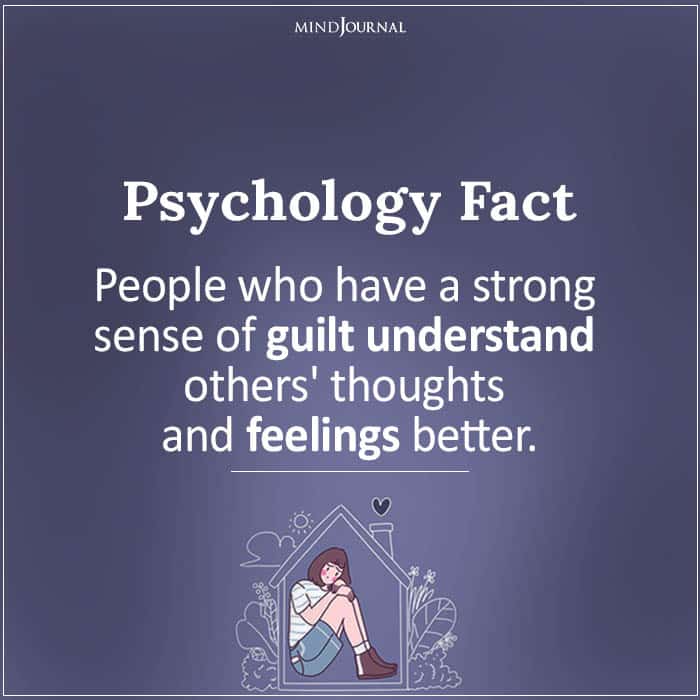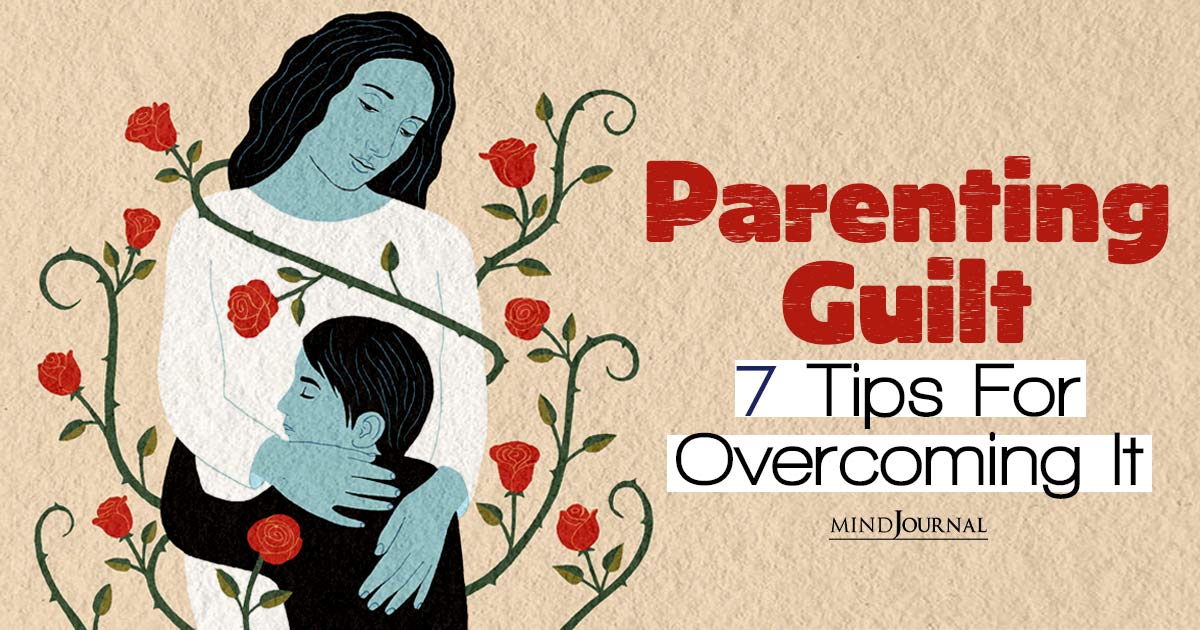Parenting is a beautiful journey full of love and joy, but not everyday is guaranteed to be a good day, is it? If you are a parent, you know what I mean. The bad days can sometimes result in you feeling inadequate and as if you are not doing a good enough job. This is known as parenting guilt.
It is quite common for both moms and dads to feel guilty sometimes and question their parenting skills. It is important to remember that parenting guilt is something that everyone experiences at some point in their parenting journey.
Let’s explore what is parenting guilt including mom guilt and dad guilt, the causes behind it, and how to deal with parental guilt and overcome it.
Related: Guide For Long Distance Parenting: 5 Fun Activities To Strengthen Your Bond With Kids
What Is Parenting Guilt?
Parenting guilt is that constant nagging feeling you feel as a parent, because you worry that you are not doing enough for your children. It’s like you have a permanent inner monologue going on within you that says “You are not a good enough mom/dad!”, “you should have done that better!”, “You should have handled that differently!”, etc.
Feeling guilty as a parent can happen without warning, especially when you need to discipline them and try to make them understand what is right and what is wrong. It’s a very common side-effect of being a parent, especially when you’re trying to be a good parent.
Mom Guilt
Experiencing mom guilt is being in an emotional state where as a mother you feel a lot of anxiety, self-doubt and a certain sense of failure in your parenting skills and abilities.
Some of the most common triggers for mom guilt are that you feel like you are not spending enough time with your kids, you compare your parenting abilities with other mothers, and you constantly doubt and question your decisions.
This sort of a guilt can be exhausting to live with, and no matter how hard you work as a mom, the guilt just doesn’t seem to leave your system.

Dad Guilt
Interestingly, mom guilt is generally discussed more than dad guilt, and honestly, that’s a tad bit unfair. Dads go through the same sort of guilt that moms do, and it’s equally important to acknowledge that.
The parenting journey can be challenging for fathers too, even though their triggers might a bit different, compared to moms. Dads go through parenting guilt due to reasons such as poor work-life balance, societal expectations, unable to be physically present as they would like to be and the general sense of feeling inadequate as fathers.
How To Deal With Parental Guilt? 7 Strategies That Can Help You Deal With Feelings Of Inadequacy
1. Understand what your triggers are.
If you are constantly feeling guilty as a parent, then the very first thing you should do is understand what your triggers are. Try to notice what kind of situations make you question your parenting skills and gives a direct hit to your parental self-worth.
Knowing the reasons behind your guilt is a huge step towards the right direction. Once you know the hidden reasons, you will be more conscious about them, and you will be able to stop them from controlling you and your emotions.
Related: 5 Powerful Things Kids Learn When You Seek Help For Mental Health
2. Try to be present with your children as much as you can.
Living in the moment and enjoying the present with your kids is one of the best things you can do for them, and yourself. When you are spending time with your children, focus on having fun and spending quality time with them; giving them your undivided attention is one of the greatest gifts you can give them.
Soak up every bit of now, and be present, not just physically, but emotionally and mentally too. See it this way: you are immersing yourself completely in these special moments, enjoying them and making the most of your time with your family.
3. Stop comparing yourself with what other parents are doing.
If you are often feeling guilty as a parent, then this is the very first thing you should do.
Please ditch the comparison game and stop doubting your parenting abilities constantly. Every parent out there is doing the best they can to raise their kids, including you. The more you compare yourself with other parents, the more you are chasing your tail and you know what happens? You never catch it!
Everyone’s parenting journey is unique and every child is unique. What might work for their children might not work for yours; you don’t have to blindly follow how other parents are raising their kids. Have faith in yourself and the love you have for your children. Trust me, you are doing a great job!

4. Sometimes, let your kids struggle, and no, it doesn’t make you a bad parent.
Yes, it’s hard watching your kids struggle, but sometimes it’s important to just let them be. If you swoop in to save them every time they mess up or when they’re going through a hard time, they’ll never learn to be independent.
Just like you learned a lot about life from the curveballs it threw at you, let your kids learn the same way too. When they gradually grow up, they need to understand how life works; yes, you will always be there to protect them, but sometimes they need to learn how to protect themselves.
Related: The Kind Of Mom You Are Based On Your Love Language
5. It’s important to accept that you can’t possibly be great at everything.
How to deal with parental guilt? Keep this mind, all the time!
It is important to remember that it is not possible for you to be perfect in everything. As a mom or dad, you can be good at some things and terrible at others. It’s about making choices on what matters the most and finding the right balance.
Remember that you are only human, and being a superhero in every sphere of life is not possible. Being a parent does not mean being supremely good at everything in life. You cannot give 100% of yourself to everything all the time – whether you are a parent or not.
6. Change how you think about yourself.
Whenever guilty thoughts come to your mind, reframe them into positive thoughts. For instance, feeling sorry for being at work instead of being with your child should be replaced by reminding yourself that “I am working to make my child’s life better”.
It is all about turning negative thoughts upside down. Instead of allowing them to kill your spirit, use them as reminders of the good things you are doing. This way, it is not just about dispelling guilt but also enhancing the positivity of your actions.
This mental flip helps in keeping parenting guilt at bay and gives you a massive confidence boost.
7. Take some time out for yourself and prioritize self-care.
Give yourself the same kind of love and care that you would give to others. Putting yourself first is very important, especially when parenting guilt is plaguing you.
This means finding ways to look after your own well-being, whether it’s having your favourite coffee, strolling in the park, or just reading or listening to music quietly, take some time time out for yourself.
Recharge your batteries – not just for your sake, but so you can be there for your kids too. Taking care of yourself is not at all selfish or self-absorbed, it is necessary for maintaining your sanity. Therefore, allow yourself to relax and renew. This way you will be at your best self.

Bottomline
Experiencing parenting guilt is normal, however, it shouldn’t affect your self-esteem and your relationship with your kids. That’s why, understanding mom guilt, dad guilt, and following these strategies can help you develop a healthy mind frame and definition of parenting.
Your love and care are priceless to your kids, and always remember that you are doing your best. Get rid of your guilt and embrace self-compassion, and enjoy the amazing journey of being a parent.
Related: Should I Have A Child? 10 Reasons To Become A Parent
Do you ever experience parenting guilt? How to deal with parental guilt, according to you? Let us know your thoughts in the comments down below!










Leave a Reply